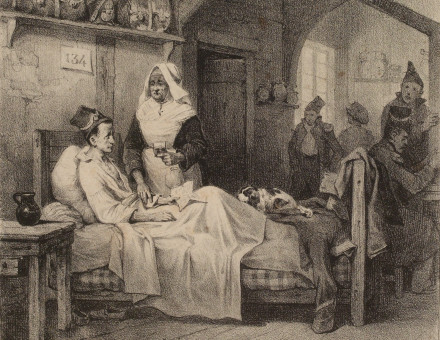Peel and the Tory Party Reconsidered
David Eastwood considers how the myth of the great statesman, who put country and Corn Law Reform before partisan advantage, is standing up in the light of modern scholarship.
Any interpretation of Robert Peel’s political career naturally hinges round four key areas of policy: Catholic Emancipation, Parliamentary Reform, Ireland, and agricultural protection. On each of these major questions, Peel changed his view quite dramatically, in the process apparently repudiating his own previously-expressed position and, over Ireland and the Corn Laws, majority opinion within his own party. Hardly surprisingly, Peel came to be vilified in some Tory circles as the great apostate; but, as Donald Read has shown in his book Peel and the Victorians, (Blackwell, 1987) Peel's posthumous reputation has anointed him as 'the greatest statesman of his age'. Such an apparent paradox merits serious consideration.





